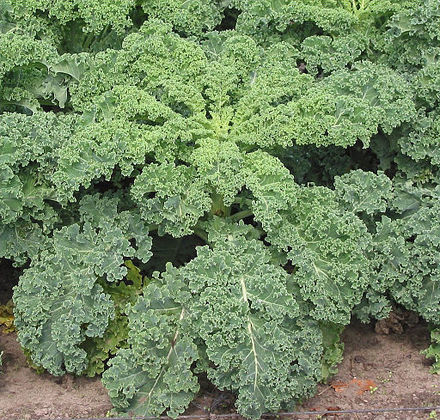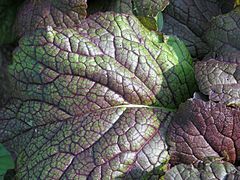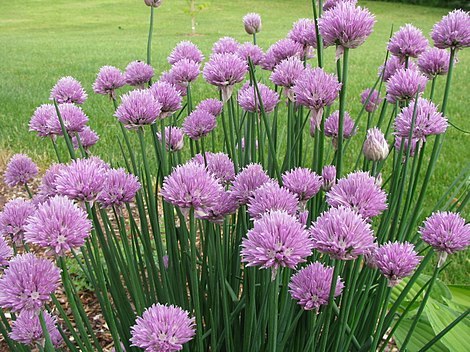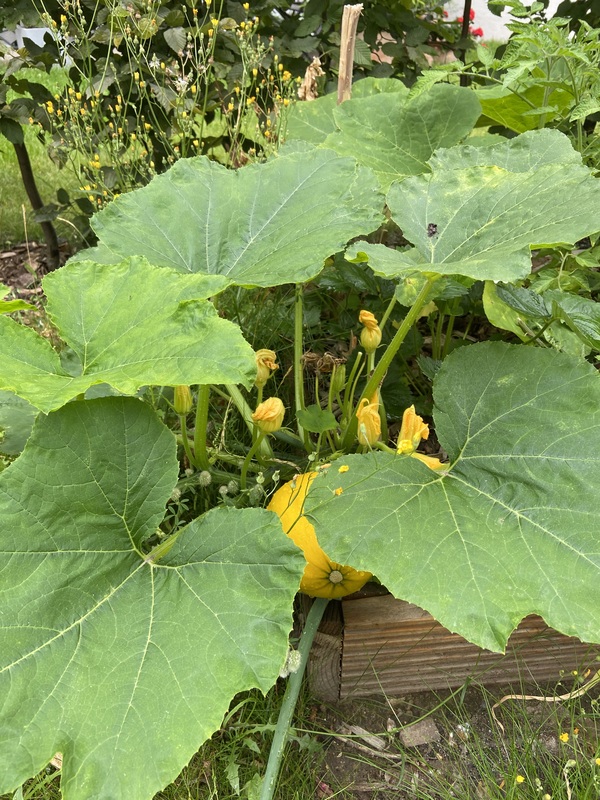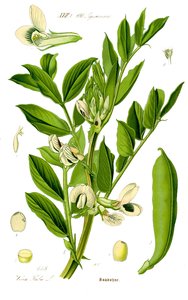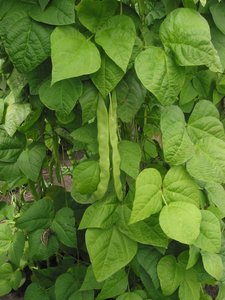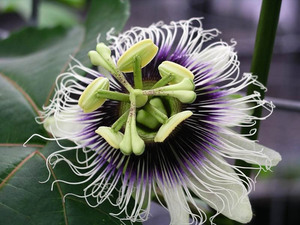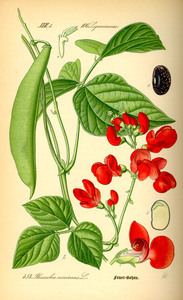Description
The eggplant, also known as Solanum melongena, is a plant that is native to India and Southeast Asia. It is typically an annual plant. It is a member of the nightshade family and is closely related to other vegetables such as tomatoes and peppers.
Eggplants are typically recognized by their deep purple, spongy fruit, but they can come in a variety of sizes and colors (white, green, black, purple striped). The fruit is elongated and cylindrical in shape, and can grow to be anywhere from 6-12 inches in length. The leaves of the eggplant are broad and dark green in color, and the plant itself can grow to be quite tall, reaching heights of 3-4 feet.
Eggplants prefer warm, sunny growing conditions and can be grown in a wide range of soils as long as they are well-draining. They are typically grown as a summer crop, and will begin to produce fruit around 2-3 months after planting. To cultivate eggplants successfully, a grower will need to provide the plants with adequate water and nutrients, and may need to use stakes or other supports to help the plant grow upright. Eggplants are not winter hardy and will not survive freezing temperatures.
The fruit of the eggplant is edible and is often used in a variety of dishes, particularly in Mediterranean and Asian cuisines. It can be sliced and fried, grilled, or used in stews and soups. The skin of the fruit is typically removed before eating, and the flesh can be stored in the refrigerator for a few days after harvesting.
In addition to being used as a food source, eggplants have also been used for medicinal purposes in some cultures. The plant is believed to have anti-inflammatory properties, and has been used to treat a variety of ailments including headache and rheumatism. It is also sometimes used as a natural insect repellent.
